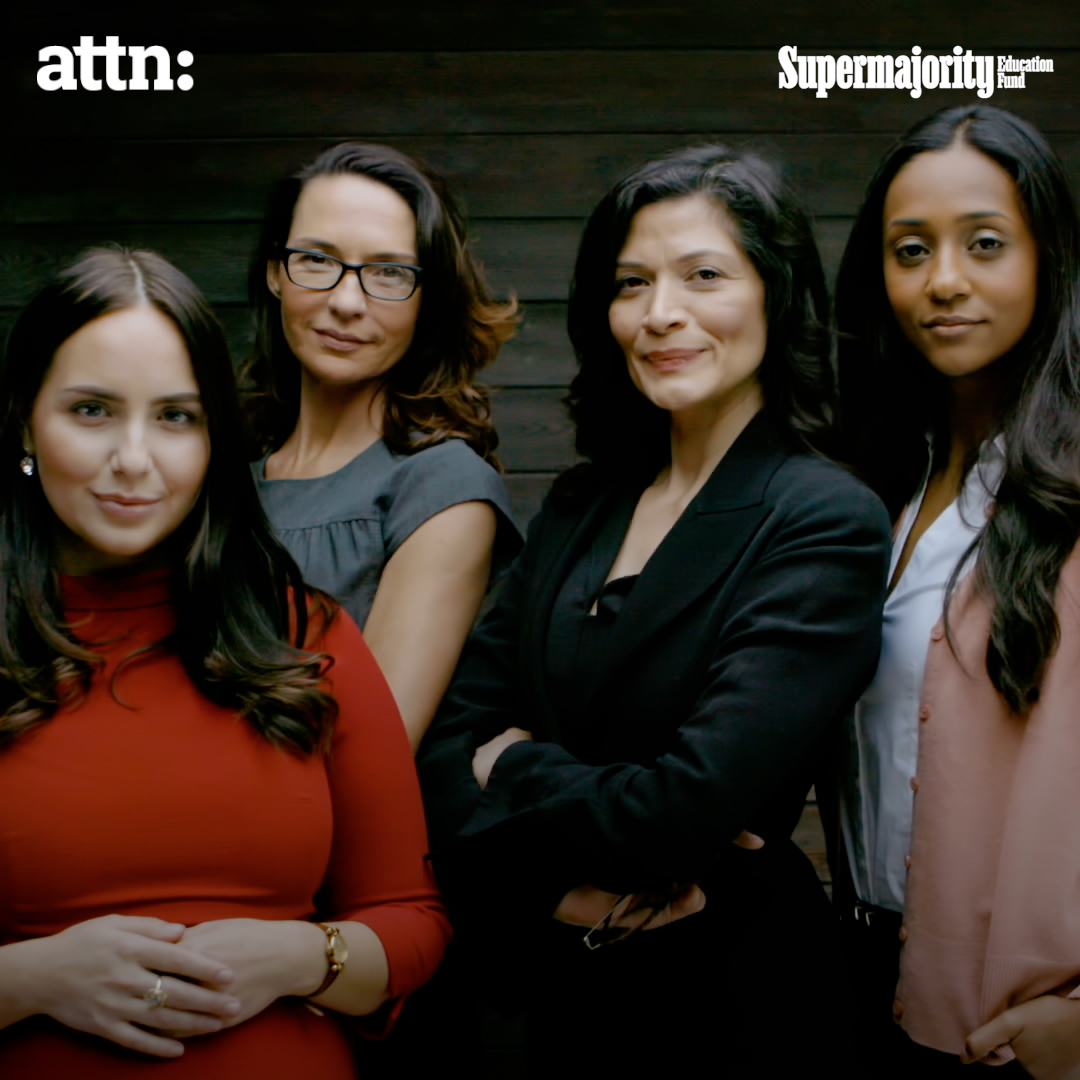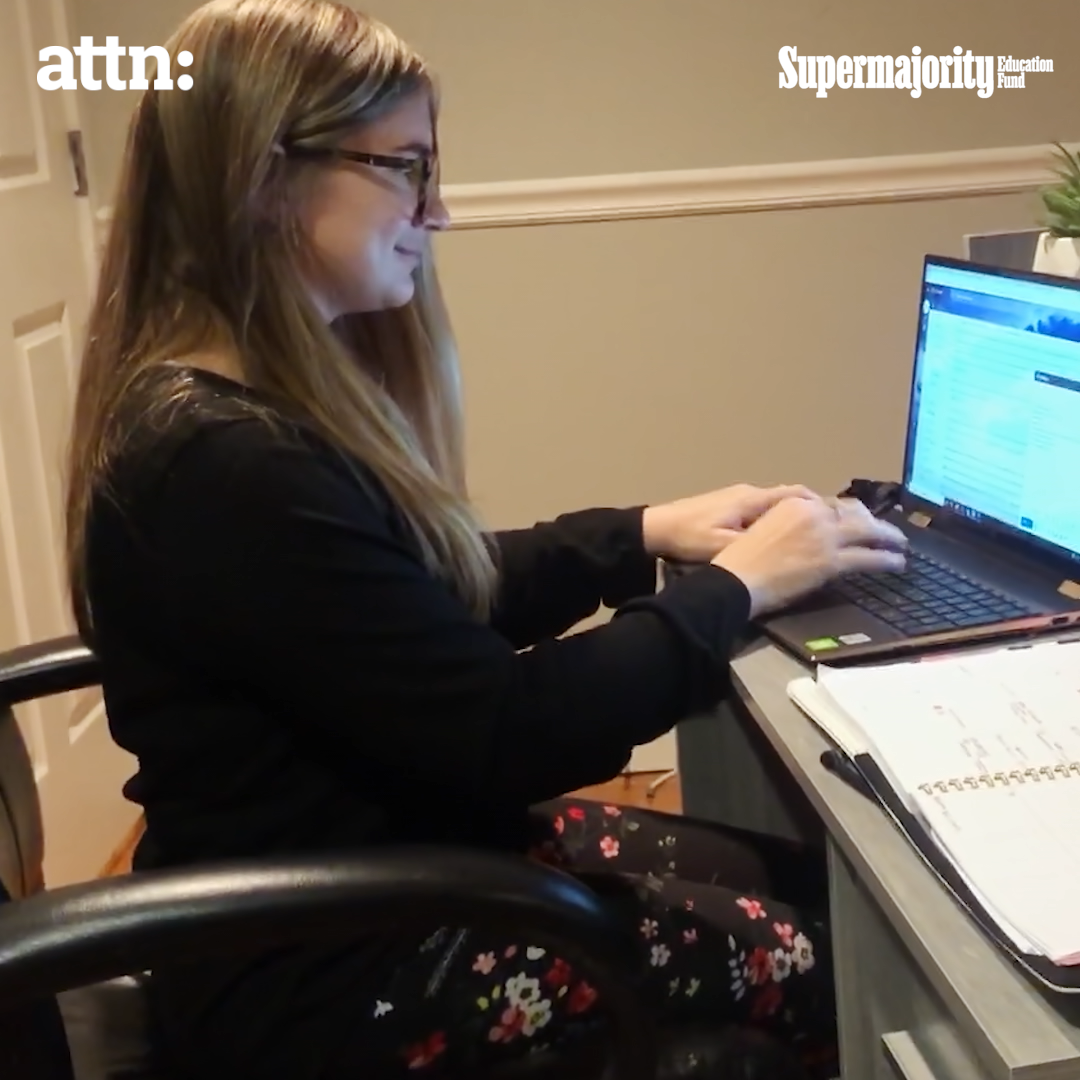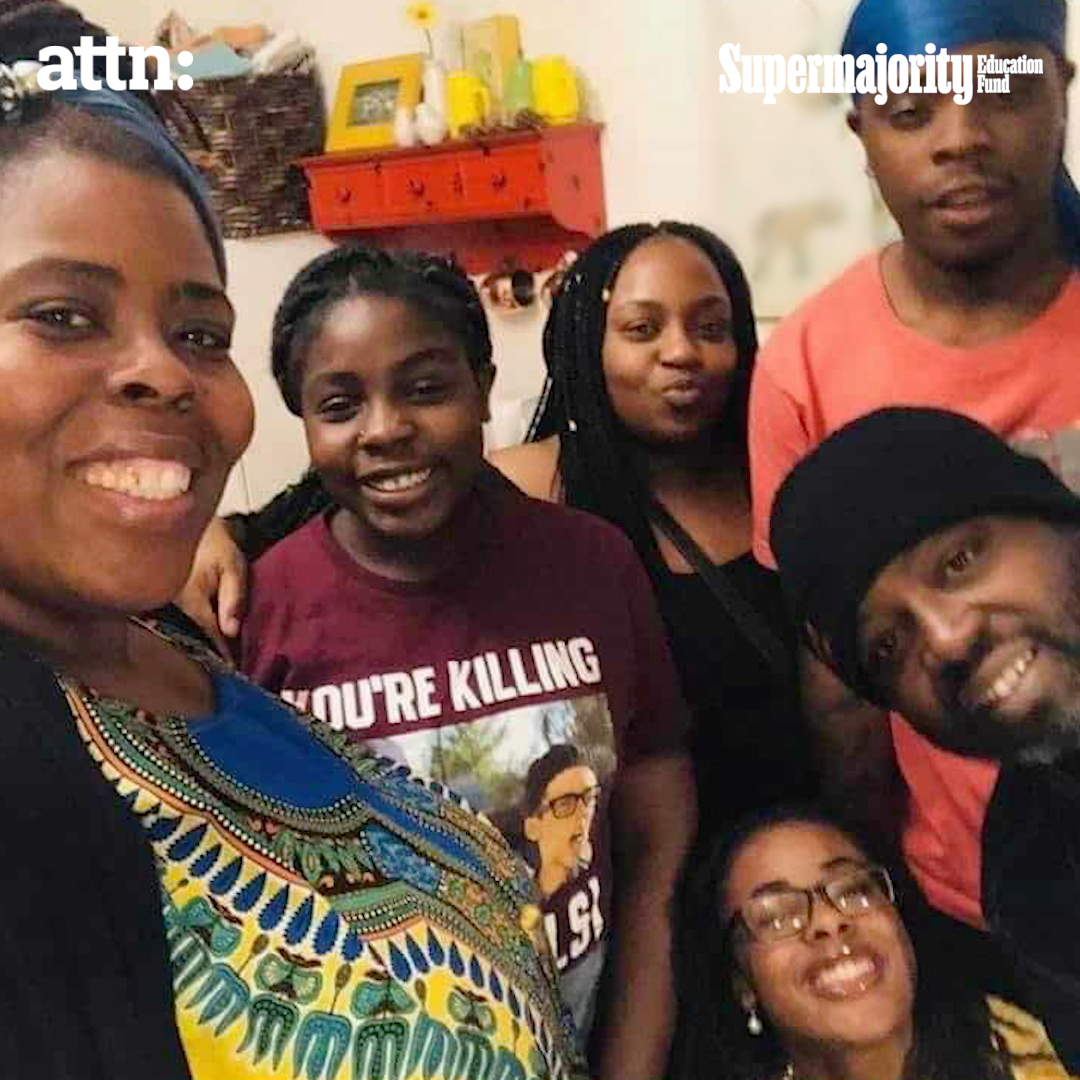


Apply Within: Are We Listening?
By Rachel Cargle
For over a year now we have battled through a global pandemic. It has been both a reflection of our strength and a revealing of our truths. The truths most evident have been in where our country's structures are failing the people who mean most to our day to day lives. The truths of implicit bias in the workforce. The truths of our lacking maternal care systems. The truths of lack of financial equity. The heavy lingering truth that this all is no surprise. On the homefront -- the very place where most of us have been forced to spend most of our time over the past twelve months -- we are witnessing women rise to the occasion despite crumbling industries and lack of support. Our neighborhoods became microcosms of the bigger issues. Brown and Black people were overwhelmingly more represented on the frontlines as essential workers all while also being overrepresented in the death toll. Who was stretched most thin trying to hold us all together at the intersection of all of this? The answer is what it's always been: women.
The systems that had claimed to serve quickly deteriorated, and women were scrambling to pick up the pieces. Over 5 million women were losing their jobs -- with Black and Brown women being hardest hit -- while also reimagining a new normal for their children, homes and communities.
Marginalized people continue to lean into the care practices that have been relished for centuries including multi-generational living, childcare support and resource sharing. But what these practices also mean is that women are juggling the tasks of being the head of household and continuing to seek ways to survive a suffocating economy and global health crisis at the same time.
The pandemic has made it clear that new options of how we exist with each other are possible. It was also made clear that the least praised among us -- the delivery drivers, the convenience store workers, the preschool teachers, the sanitation workers and, in large part, the women in our world are what keeps it spinning. The policies we fight for must center women. We have to approach these changes with intention, vigor and, most importantly, hope.
Women have stories to tell. Stories of courage and of survival. Stories of momentum and opportunity. Following the leadership of everyday women and picking up clues from the experiences and solutions they share will be critical. We can choose to not only be part of this history of pain, but also be part of the history of progress that this pandemic has brought. New possibilities are in our hands. Women have never backed down from doing what must be done, and we must call on that same consistency and strength to create a world where the Majority Rules is possible. Equitable employment opportunities, gender equality in pay, access to childcare, anti-biased health care, livable wages. These policies and many more that push for social justice are not unreachable. They are not only existing in the dream realm. They are things we can demand, fight for, and usher into policy if we just keep going. 2020 acts as an on-ramp to the urgency of each.
Our resistance must be sculpted in tandem with our reimagining. We have to leave old ideas of scarcity and individualism at the door. No more normal, but better. No more simply surviving when we all deserve the chance to thrive.
--
Rachel Cargle is a writer, entrepreneur and philanthropist. She is the Founder and president of The Loveland Foundation and owner of Elizabeth’s Bookshop & Writing Centre. She lives in Brooklyn, New York.


